Welcome to the informative article on xylitol in processed food. Xylitol, commonly found in candies, baked goods, and other confections, can have both benefits and risks when consumed in large amounts. While it can be a great sugar substitute for those with diabetes, it is important to be cautious as xylitol has been linked to an increased risk of heart attack and stroke due to its ability to cause blood platelets to clot more easily. Stay tuned as we delve deeper into the impact of xylitol on your health. Have you ever thought about the ingredients in the processed foods you consume on a daily basis? Xylitol, a common sweetener found in many processed foods, is gaining attention for its potential impact on heart health. In this article, we will explore the relationship between xylitol and heart health, delving into the benefits and risks associated with this widely used ingredient.
Understanding Xylitol
Let’s start by understanding what xylitol actually is. Xylitol is a sugar alcohol that is commonly used as a sugar substitute in processed foods. It is known for its sweet taste, similar to sugar, but with fewer calories. Xylitol is often used in products marketed as “sugar-free” or “low-sugar,” making it a popular choice for those looking to reduce their sugar intake.
The Benefits of Xylitol
One of the main benefits of xylitol is its impact on dental health. Xylitol has been shown to reduce the risk of tooth decay by preventing the growth of harmful bacteria in the mouth. This makes it a common ingredient in sugar-free chewing gums and toothpaste.
The Risks of Xylitol
While xylitol may have some benefits, it also carries certain risks, especially when consumed in large amounts. One of the main concerns associated with xylitol is its potential impact on heart health. Studies have shown that xylitol can increase the risk of heart attack and stroke by causing blood platelets to clot more easily. This is especially concerning for individuals with diabetes, who are more likely to consume products containing xylitol.
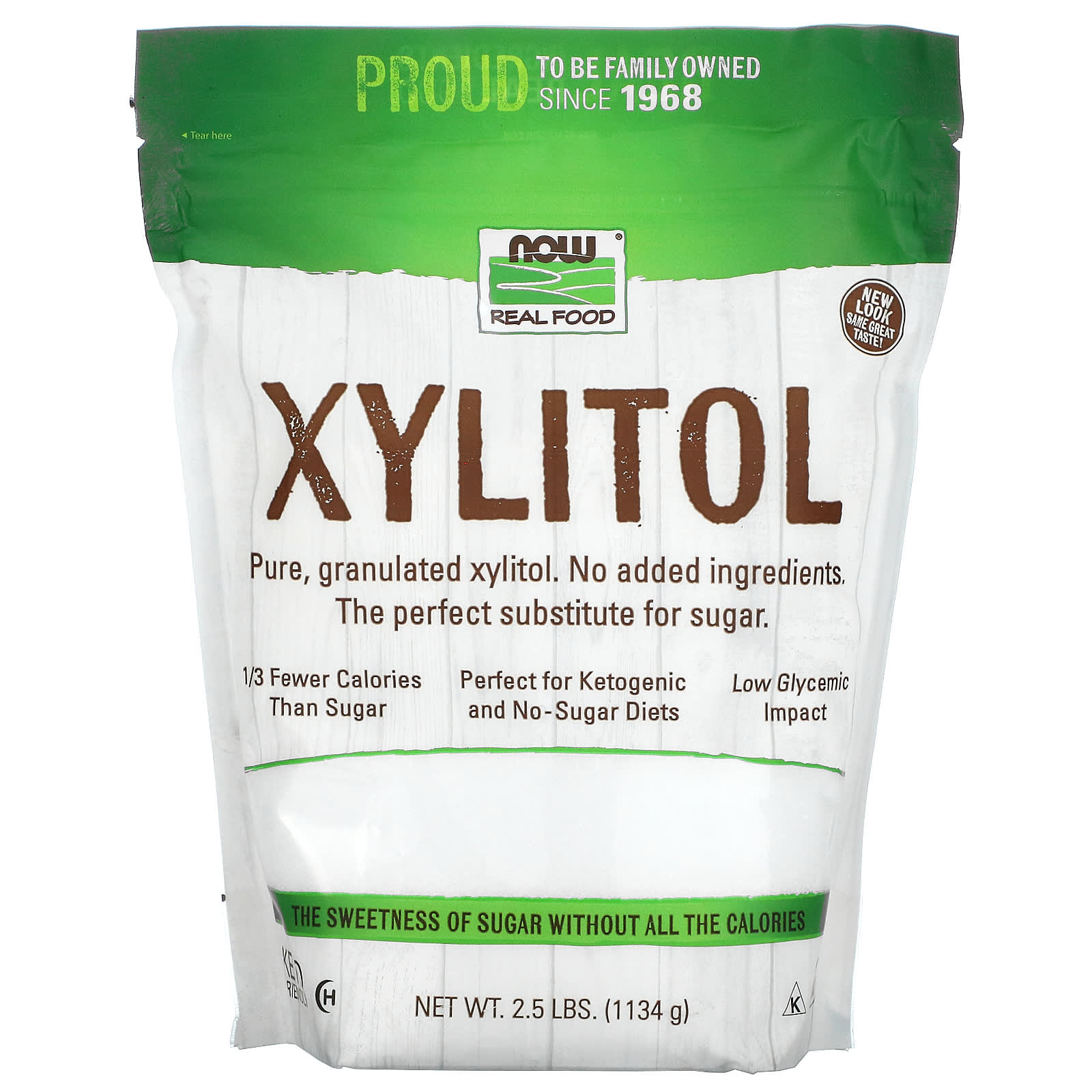
This image is property of cloudinary.images-iherb.com.
Xylitol and Heart Health
The relationship between xylitol and heart health is a complex one. While xylitol may offer some benefits, such as its impact on dental health, it can also have negative effects on the cardiovascular system. Understanding the potential risks associated with xylitol consumption is important for maintaining a healthy heart.
Xylitol and Blood Clotting
One of the main ways that xylitol can impact heart health is through its effect on blood clotting. Studies have shown that xylitol can cause blood platelets to clot more easily, which can increase the risk of heart attack and stroke. Individuals with diabetes, who are more likely to consume products with xylitol, are at an increased risk of experiencing these negative effects.
Xylitol and Diabetes
Individuals with diabetes need to be especially cautious when it comes to consuming products with xylitol. Xylitol can impact blood sugar levels, potentially leading to spikes and crashes in blood glucose. This can be particularly dangerous for individuals with diabetes, who need to carefully manage their blood sugar levels to prevent complications such as heart disease.
Moderating Xylitol Consumption
If you are concerned about the potential risks of xylitol on your heart health, there are steps you can take to moderate your consumption of this ingredient. Reading food labels carefully and opting for products with lower amounts of xylitol can help reduce your overall intake. Additionally, speaking with a healthcare provider or nutritionist can provide personalized guidance on how to best manage your xylitol consumption.
The Role of Xylitol in Processed Foods
Xylitol is commonly found in a wide range of processed foods, including candies, baked goods, and other confections. These products are often marketed as healthier alternatives to traditional sugary treats, making them appealing to individuals looking to reduce their sugar intake.
Making Informed Choices
When it comes to xylitol and heart health, it’s important to make informed choices about the processed foods you consume. Opting for products with lower amounts of xylitol, or choosing alternatives that do not contain this ingredient, can help reduce your risk of potential heart complications. By being mindful of the ingredients in the foods you eat, you can take proactive steps to protect your heart health.
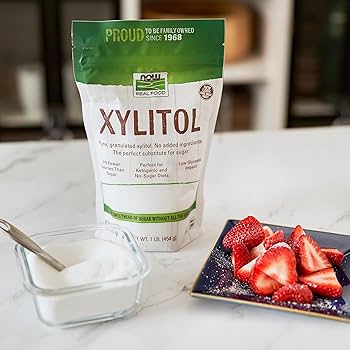
This image is property of Amazon.com.
Conclusion
In conclusion, xylitol in processed food can have both benefits and risks when it comes to heart health. While xylitol may offer some advantages, such as its impact on dental health, it can also pose potential dangers, especially for individuals with diabetes. Understanding the relationship between xylitol and heart health is essential for making informed choices about the foods you consume. By moderating your xylitol intake and opting for products with lower amounts of this ingredient, you can help protect your heart and overall well-being. Remember to always consult with a healthcare provider or nutritionist for personalized advice on managing your xylitol consumption. Stay informed, stay healthy!

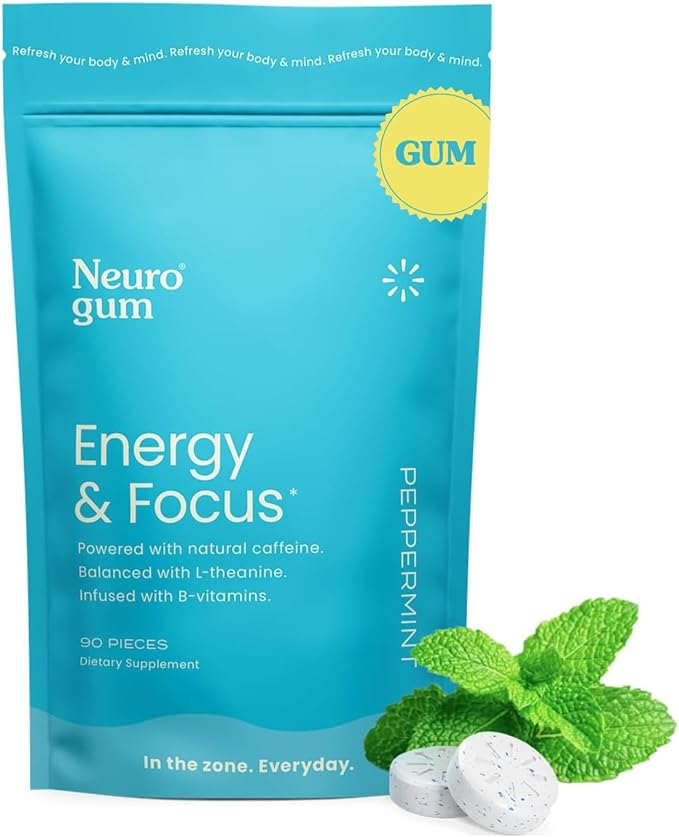 Buy now
Buy now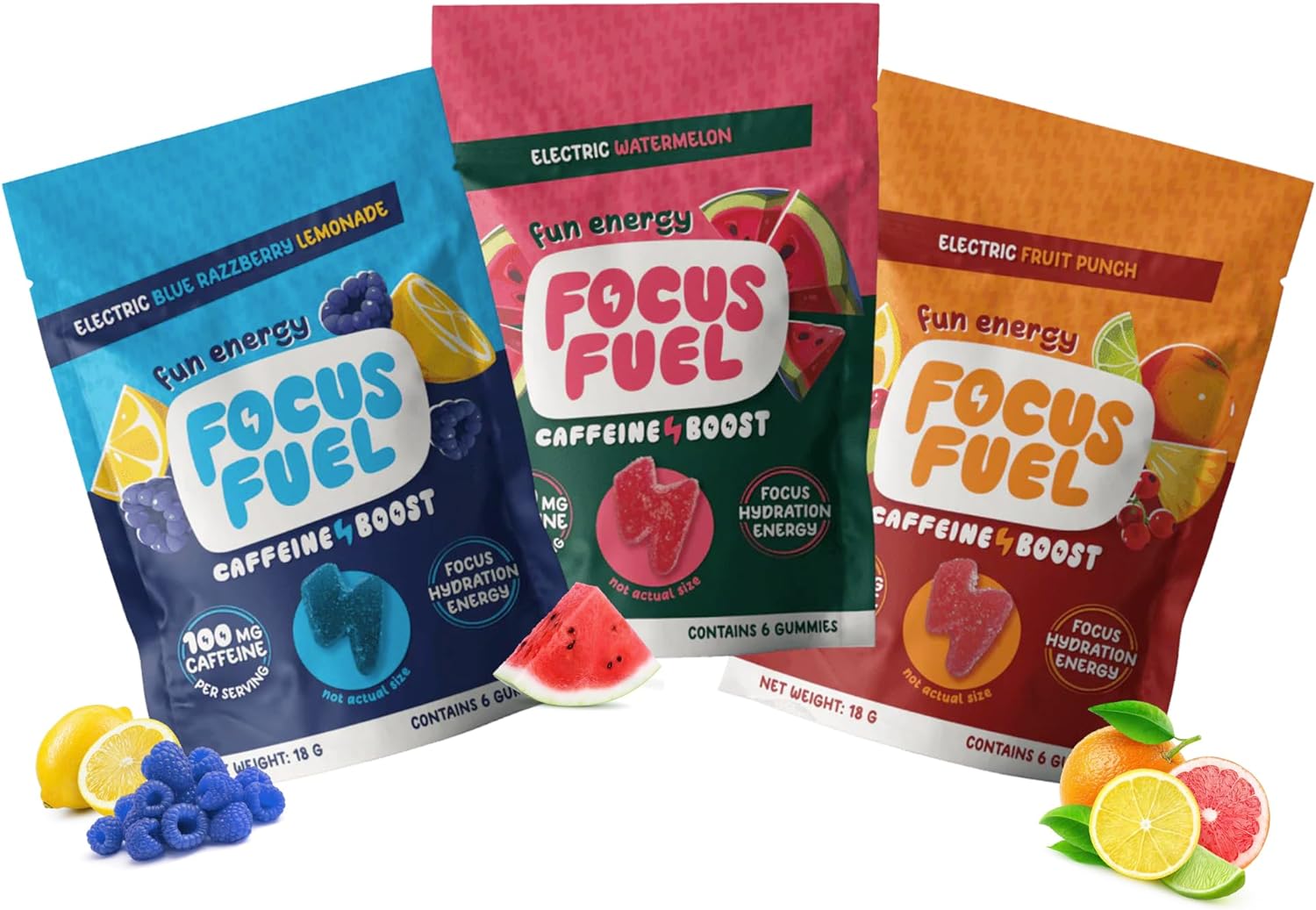
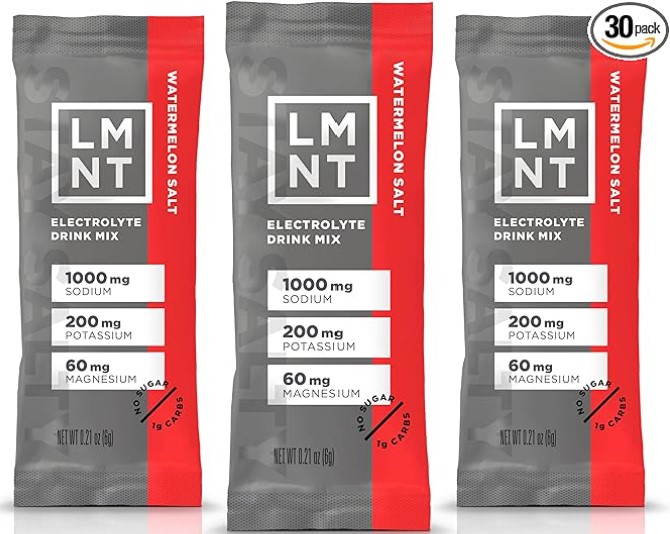 Get it here
Get it here